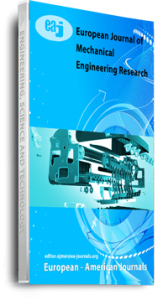Today, the most important tasks of petroleum processing and petrochemistry are provision of a deep processing of heavy oil raw materials and rational use of wastes and secondary products. One of the directions on effective use of heavy tonnage and at the same time deficit binding material as a bitumen is a wide introduction of bitumen emulsions in water into the road and civil construction practice. In addition to the advantages of bitumen, as an organic binding material, the bitumen emulsions have a number of positive properties, for example more less viscosity in the temperature interval from 0 to 1000С and higher cohesion degree with a rock material surface. One of the most important quality indicators of the bitumen emulsions is their decomposition rate, in accordance with which the emulsions are classified as quick-, mid- and slow-breaking, EBC 1, 2, 3 relatively. In recent years, the most important direction of petroleum processing and petrochemistry is investigation of intensification ways of oil raw material processing and rational use of target and secondary products with optimization of their qualitative features. In solution of these problems, the tasks on development, justification of principles and processing methods, focused on obtaining of products with specified properties are highlighted. In this context, secondary products of a one-staged isoprene synthesis, which do not find rational use to the moment, are of interest. Based on the one-staged isoprene synthesis chemical composition analysis, we can suppose that its use in production of bitumen emulsions will favor to obtaining of the product with specified properties. In this connection, investigations, focused on the use of one-staged isoprene synthesis as a modifier of the bitumen emulsions, are of present interest. The paper presents experimental data on estimation of the secondary products different content effect on the bitumen emulsions’ rheological properties.
Keywords: Bitumen Emulsion, Modifier, Properties, Secondary Products

